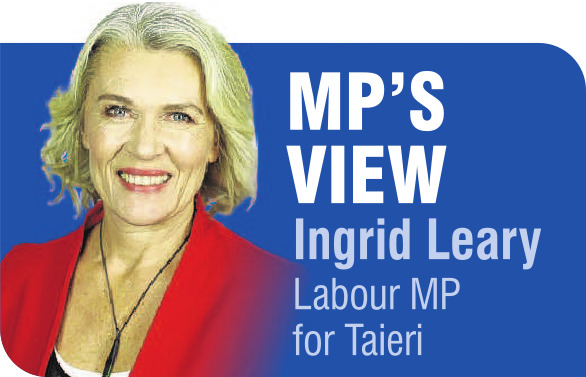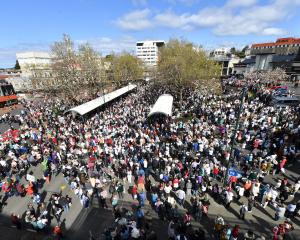
Thanks are due to the actions of Jean Parker and the Public Service Association here in Dunedin in 1956. Her struggle led to the Government Service Act in 1960 and the EPA in 1972.
Over the course of the pandemic we have been reminded of the fact that some of our most essential workers such as cleaners, drivers, and retail workers, are some of the most under-valued in our labour market.
The strengths in our labour market mask entrenched weaknesses. Over the past 30 years, many workers have missed out on the economic gains accrued.
Thanks to our Covid-19 health and economic responses, the economy is operating at near-full employment, despite ongoing challenges with Covid-19, global supply chain constraints and pressures on the cost of living.
As we rebuild, it is the right time to tackle some of these long-term inequalities in our country.
Fair Pay Agreements were a 2020 Labour manifesto commitment, which we have extensively consulted on.
The Fair Pay Agreement system will bring together employers and unions within a sector to bargain for minimum terms and conditions for all employees in that industry or occupation.
We’re taking a balanced approach and have designed Fair Pay Agreements to be negotiated between business and unions who are familiar with the particular sector or occupational group being negotiated for.
Fair Pay Agreements level the playing field by enabling employers and unions to negotiate a basic floor under the pay and conditions of workers in a sector. Industrial action cannot occur during Fair Pay Agreement negotiations.
Importantly, FPAs will shift the focus from competition based on low labour costs and instead will incentivise a focus on those things we know improve productivity and economic performance, including skills and training, innovation, and the provision of better goods and services.
Other countries with sector-based bargaining, like Australia, have seen both higher wages and higher productivity than New Zealand over the past 30 years.
We are catching up with the rest of the world as this model of sector-wide bargaining is also common in the OECD.
Fair Pay Agreements have long been one part of our wider work programme focused on lifting the wages of those on low to medium incomes — ensuring better wages for employees is even more essential now as we begin to feel the global economic pressures caused by the war in Ukraine.
Fair Pay Agreements are critical in stopping the "race to the bottom" we have seen in many sectors, which can see good employers undercut.
We need to encourage competition that isn’t based on low wages.














